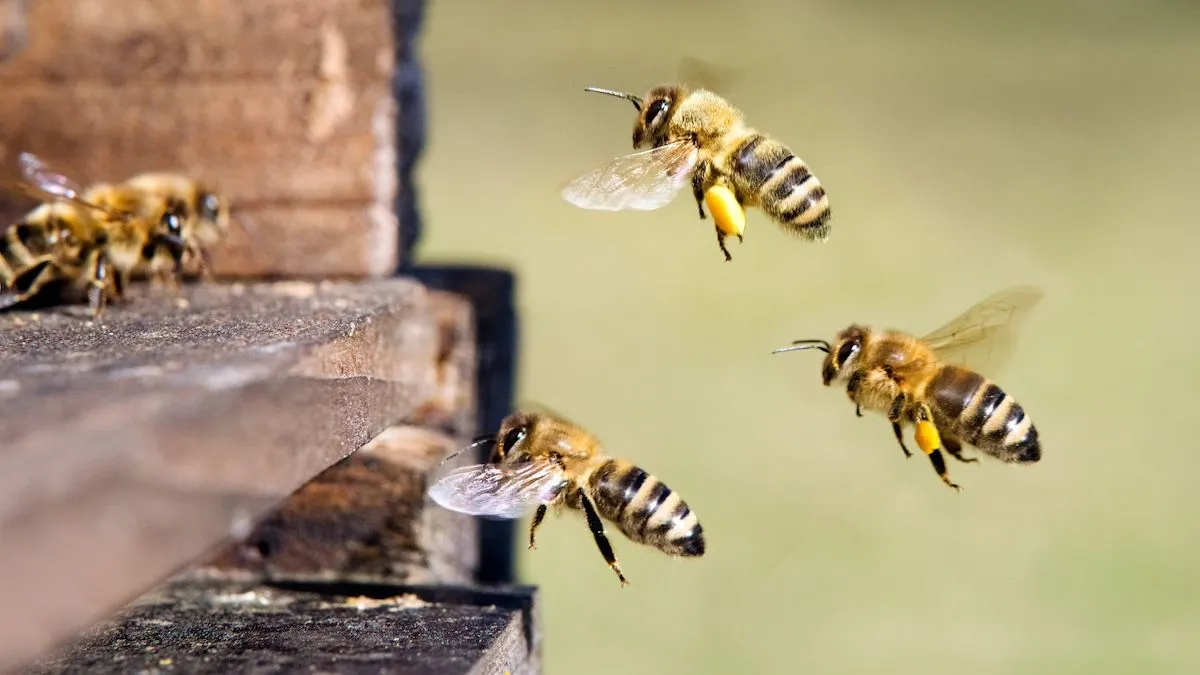Veterinary Medicine and the Potential New Vaccine Against Deformed Wing Virus in Honeybees

Veterinary Innovations in Honeybee Health
Veterinary medicine has long sought effective solutions for managing diseases in honey bees, especially concerning infectious pathogens like deformed wing virus (DWV). The recent findings from Dalan Animal Health highlight the success of their experimental vaccine aimed at controlling DWV, particularly the DWV-B variant.
The Challenge of Deformed Wing Virus
DWV is primarily spread through Varroa destructor mites, which impact honey bee health significantly. Dalan Animal Health has reported an impressive 83% reduction in the virus among vaccinated colonies.
- DWV-B is overtaking DWV-A globally.
- The virus leads to deformed wings, affecting foraging ability.
- Current methods focus on vector control rather than direct treatments.
Groundbreaking Research and Future Directions
The research involved 400 honey bee colonies where queens were vaccinated with a killed Paenibacillus larvae bacterin, showcasing an effective immune response. After four months, colonies with vaccinated queens exhibited significantly lower DWV-B levels compared to their unvaccinated counterparts.
- Results indicate lasting reduction in virus load.
- Research opens new possibilities for viral control in honey bee populations.
- Further studies are needed to advance vaccine strategies.
Dalan Animal Health anticipates further research and aims to obtain claims for DWV protection from relevant agricultural authorities.
Disclaimer: The information provided on this site is for informational purposes only and is not intended as medical advice. We are not responsible for any actions taken based on the content of this site. Always consult a qualified healthcare provider for medical advice, diagnosis, and treatment. We source our news from reputable sources and provide links to the original articles. We do not endorse or assume responsibility for the accuracy of the information contained in external sources.
This article was prepared using information from open sources in accordance with the principles of Ethical Policy. The editorial team is not responsible for absolute accuracy, as it relies on data from the sources referenced.